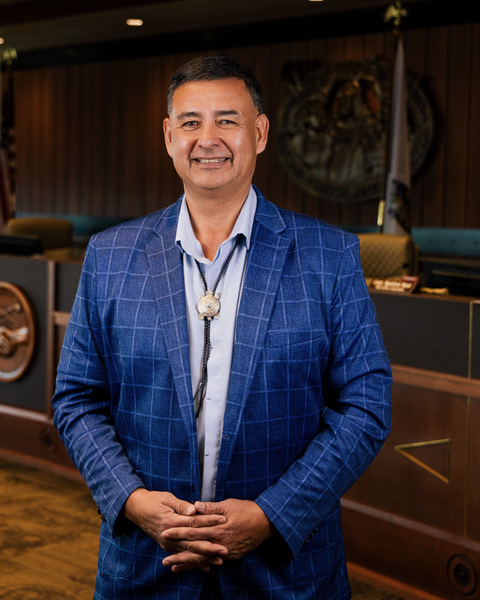At the Legislature: individual rights vs. social action But issues are not always one or the other By Dylan Sherman, NDNAEF BISMARCK — A divergence of vision on how best to...
This content is for MHATimes Premium, MHATimes Annual, and MHATimes 1 Month members only.
Login Join Now
